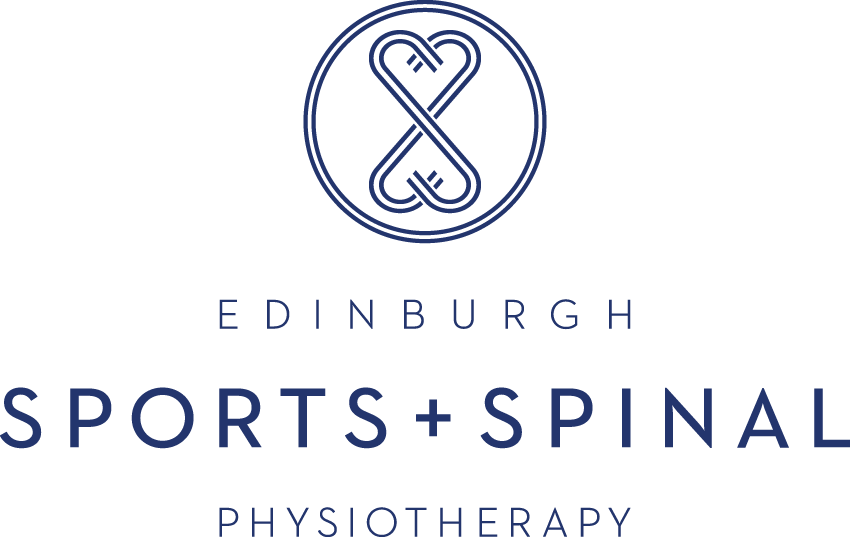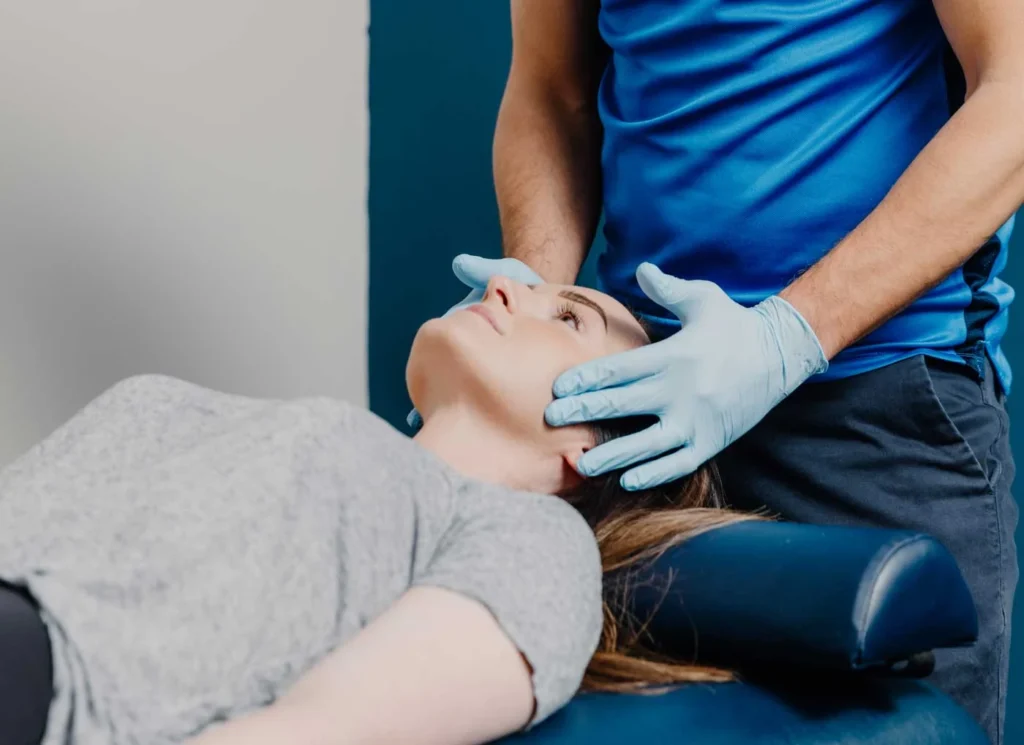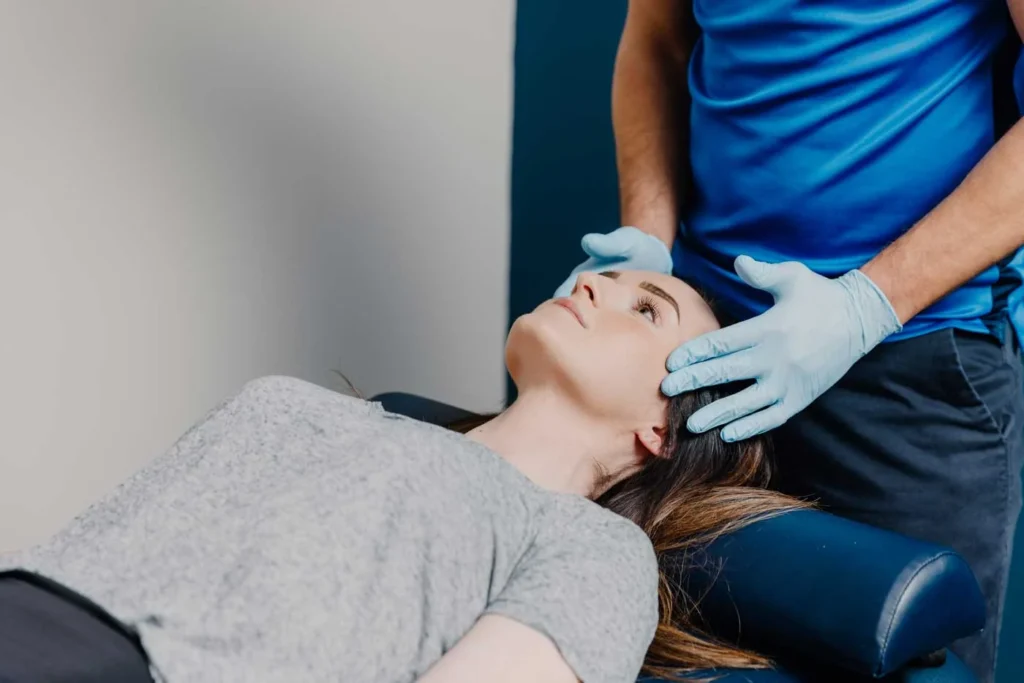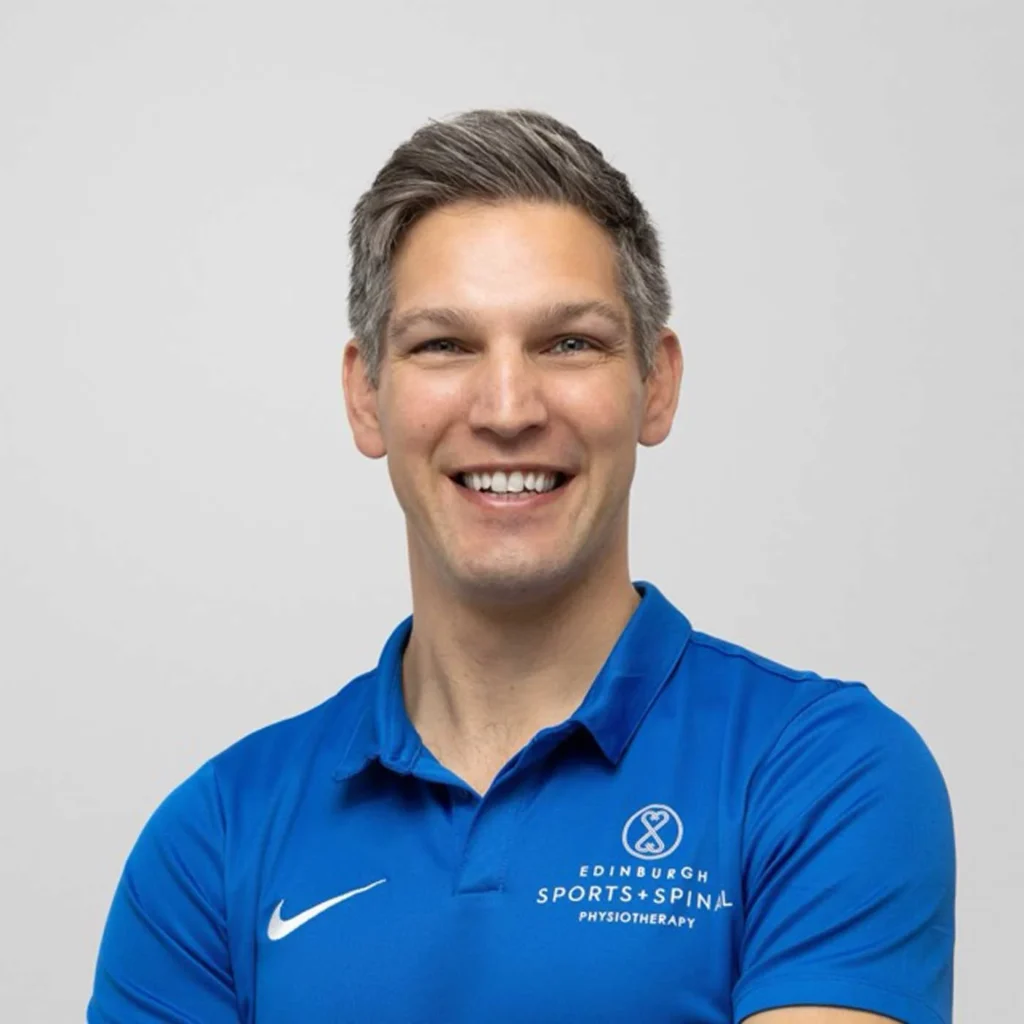-
Locations
Physiotherapists Edinburgh Clinics
Three modern and welcoming physiotherapy clinics. Conveniently located in Comely Bank, Fountainbridge and Corstorphine. Each offering their own unique charm whilst upholding Edinburgh Sports + Spinal’s standards of expert care and a supportive, friendly environment.
- About
- Services
- Physiotherapy
- Sports Physiotherapy
- Sports Massage
- Running Injuries Physiotherapy
- Complex Knee Physiotherapy | With Peter Dery
- TMJ/Jaw Pain Physiotherapy | With Richard Worrall
- Pre + Post Operative Physiotherapy
- Improve your Running Technique | With Jimmy Moran
- Vald Force Plate Testing | Earl Grey Street Clinic
- What We Treat
- New Patients
- Prices
- FAQs
- Locations
- Contact
- About
- Services
- Physiotherapy
- Sports Physiotherapy
- Sports Massage
- Running Injuries Physiotherapy
- Complex Knee Physiotherapy | With Peter Dery
- TMJ/Jaw Pain Physiotherapy | With Richard Worrall
- Pre + Post Operative Physiotherapy
- Improve your Running Technique | With Jimmy Moran
- Vald Force Plate Testing | Earl Grey Street Clinic
- What We Treat
- New Patients
- Prices
- FAQs
- Locations
- Contact
